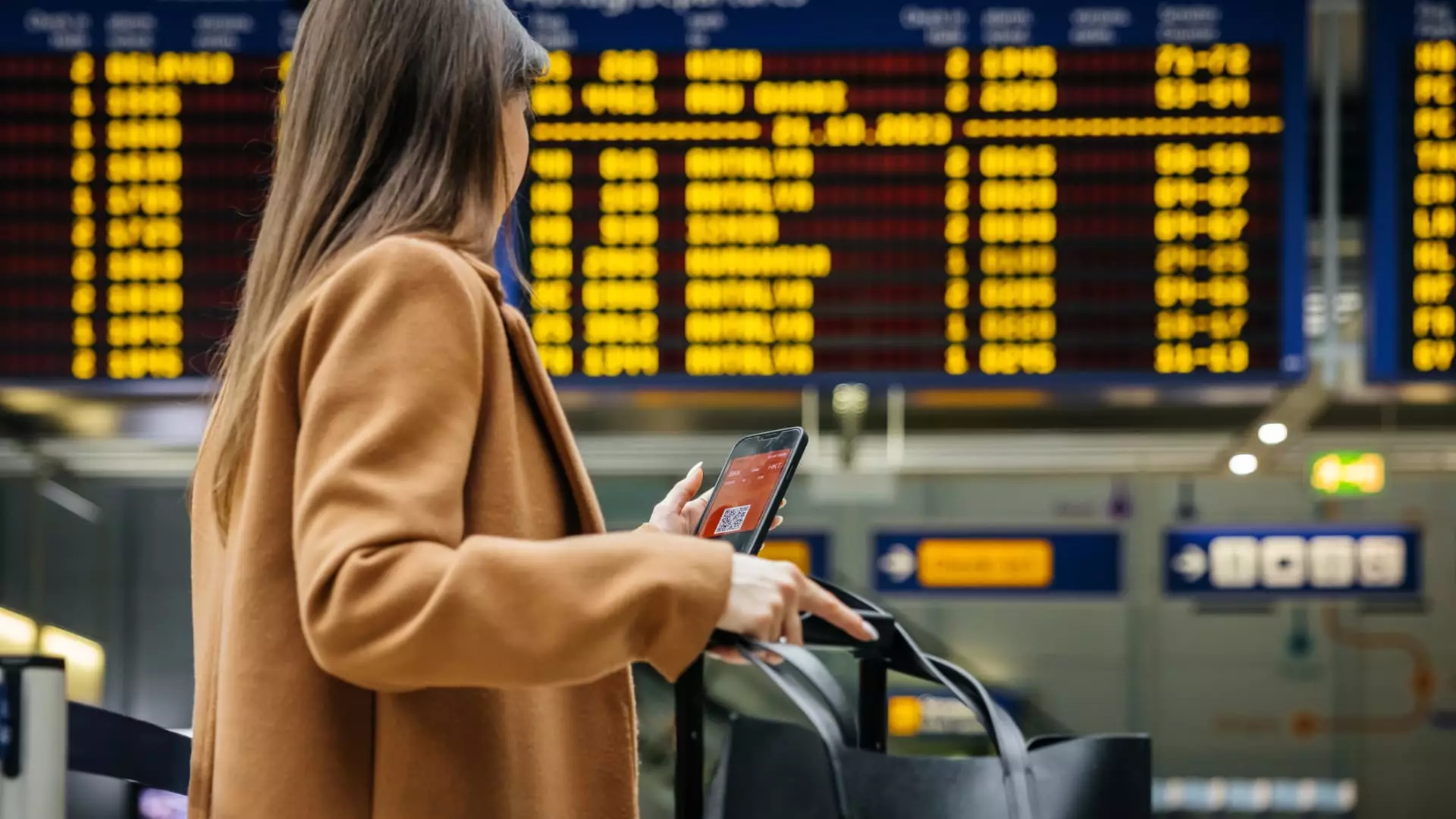The recent research from the Bank of America indicates that travel spending among American households is exceeding pre-pandemic levels, with a particular emphasis on international trips. This trend is fueled by a growing interest in vacationing abroad, as mentioned by Taylor Bowley and Joe Wadford, economists at the Bank of America Institute. According to their findings, while overall travel spending has decreased slightly from 2023, it still remains significantly higher than in 2019, showing a 10.6% increase per household from January to mid-August.
One of the key drivers behind the surge in international travel demand is the decrease in prices for airfare to popular destinations like Europe. The data indicates that average round-trip fares to Europe have dropped to around $950 this summer, down from over $1,000 in the previous two years. This decline in airfare prices has been a significant factor in boosting demand for international travel, as consumers are more willing to take advantage of the lower costs.
Moreover, the easing of Covid-19 related travel restrictions and the reduction in health fears have also contributed to the increase in international travel. As countries open up and travelers become more confident in their safety, they are more willing to explore destinations abroad. This has led to a surge in spending on international travel, with Europe remaining the most popular destination for American tourists.
Despite the growth in international travel, the majority of Americans are still opting for domestic vacation destinations. According to a recent McKinsey analysis, about 68% of all trips originating from the U.S. remain within the country’s borders. However, there has been a slight softening in domestic demand as more Americans are returning to international travel.
It is interesting to note that higher-income households, earning more than $125,000 a year, are driving the trend towards international travel. Luxury hotels have seen a surge in demand this summer, indicating that wealthy travelers are willing to splurge on high-end accommodations. This trend suggests that affluent individuals are more resilient to economic challenges and continue to prioritize travel experiences.
Despite concerns about inflation and economic uncertainties, most travelers are adapting their behavior rather than canceling their trips. The McKinsey report highlights that cost-constrained consumers are adjusting by traveling during off-peak periods or booking their travel well in advance. This flexibility in travel planning indicates a strong determination among Americans to continue exploring new destinations and experiences.
The data from the Bank of America research underscores the resilience and adaptability of American households when it comes to travel spending. The growing interest in international trips, coupled with favorable airfare prices and easing travel restrictions, has led to a notable increase in travel spending. While domestic travel remains popular, there is a clear shift towards international destinations, driven by higher-income households and a willingness to adapt to changing economic conditions. The future of travel spending among American households appears promising, with consumers eager to explore new horizons and create lasting travel memories.


Leave a Reply